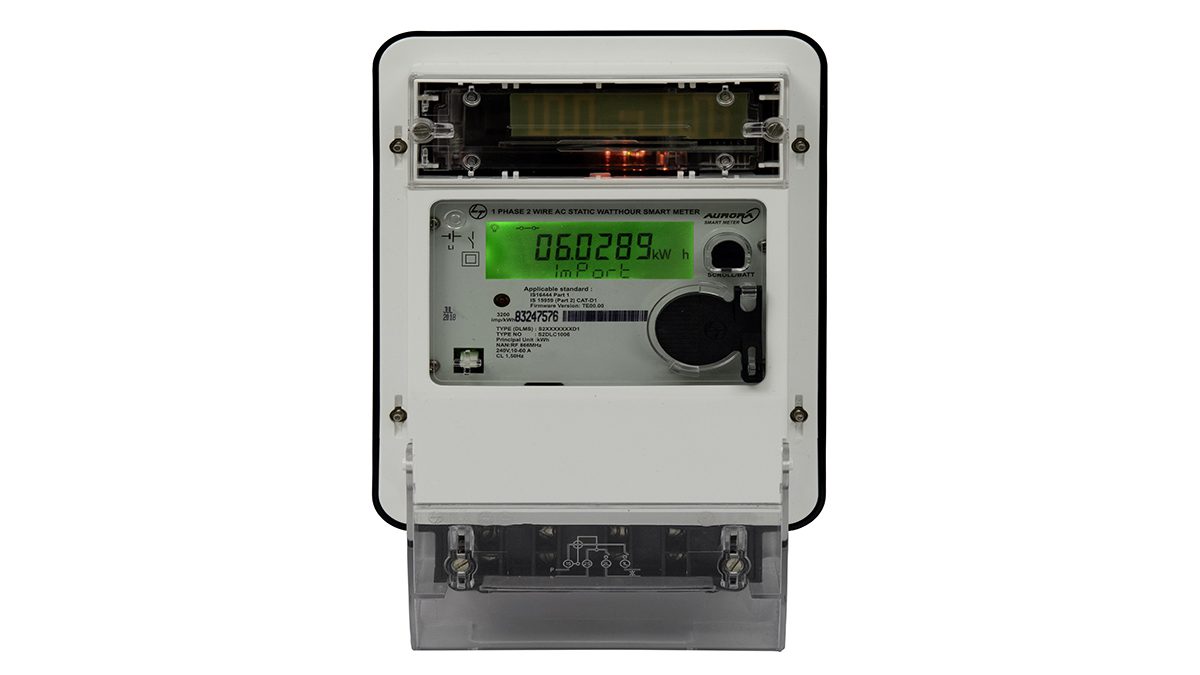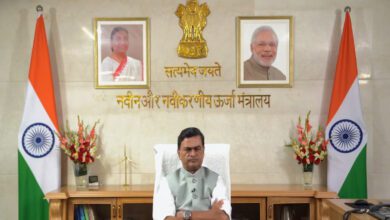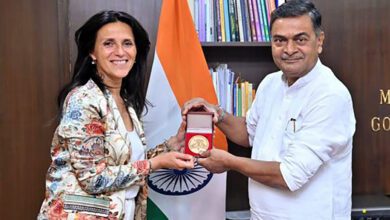The Government of India has recently implemented two significant changes to the existing power tariff system, aimed at empowering power consumers and optimizing energy usage. The amendments, introduced to the Electricity (Rights of Consumers) Rules, 2020, include the introduction of Time of Day (ToD) Tariff and the rationalisation of smart metering provisions.
Under the new Time of Day Tariff system, consumers will be charged varying rates for electricity based on the time of day. During solar hours, which are specified by the State Electricity Regulatory Commission and last for eight hours a day, the tariff will be reduced by 10% to 20% compared to the normal rate. Conversely, during peak hours, the tariff will increase by 10% to 20%. The ToD tariff will be initially applicable to Commercial and Industrial consumers with a maximum demand of 10 KW and above from April 1, 2024, and to all other consumers (except agricultural consumers) from April 1, 2025. The Time-of-Day tariff will become effective immediately after the installation of smart meters for consumers with such meters.
Union Power and New & Renewable Energy Minister, RK Singh, stated that the ToD Tariff is a mutually beneficial system for both consumers and the power system. By providing separate tariffs for peak hours, solar hours, and normal hours, the ToD Tariff incentivizes consumers to manage their electricity usage according to the pricing. This awareness and effective utilization of the ToD tariff mechanism can help consumers reduce their electricity bills. During solar hours, when solar power is cheaper, consumers stand to benefit from lower tariffs. Conversely, during non-solar hours, when thermal, hydro, and gas-based power is predominantly used, the costs are higher, and this will be reflected in the Time of Day Tariff. RK Singh emphasized that consumers now have the opportunity to plan their consumption and reduce their power costs by scheduling activities during solar hours when the power costs are lower.
Furthermore, the introduction of the ToD mechanism will facilitate better grid integration of renewable energy sources, expediting India’s energy transition. By incentivizing increased demand during periods of high renewable energy generation, the ToD tariff will improve the management of fluctuations in renewable generation, allowing for a larger quantity of renewable power to be integrated into the grid.
The majority of State Electricity Regulatory Commissions (SERCs) in India have already implemented ToD tariffs for large Commercial and Industrial consumers. With the installation of smart meters, ToD metering will now be extended to domestic consumers, as mandated by the Tariff Policy.
In addition to the Time of Day Tariff, the government has also simplified the rules for smart metering to enhance consumer convenience and minimize inconvenience. Penalties for exceeding the maximum sanctioned load or demand have been reduced. Following the installation of a smart meter, consumers will not face penal charges based on the maximum demand recorded before the installation date. The load revision procedure has been rationalized, allowing an upward revision of the maximum demand only if the sanctioned load has been exceeded at least three times in a financial year. Moreover, smart meters will be read remotely at least once a day, and the data will be shared with consumers, enabling them to make informed decisions about their electricity consumption.
Electricity (Rights of Consumers) Rules, 2020, which were notified by the government on December 31, 2020, reflect the commitment to provide reliable and quality electricity services to consumers while safeguarding their rights. These rules ensure that new electricity connections, refunds, and other services are provided in a time-bound manner. Non-compliance with consumer rights can lead to penalties on service providers and compensation for consumers.
The recent amendments to the Rules underscore the government’s continuous efforts to empower power consumers, ensure round-the-clock reliable electricity supply at affordable costs, and create a favourable environment for investment in the power sector.
With the implementation of the Time of Day Tariff and the streamlining of smart metering provisions, India takes a significant step toward a more sustainable and consumer-centric power system, promoting efficient energy usage and supporting the integration of renewable energy sources.













